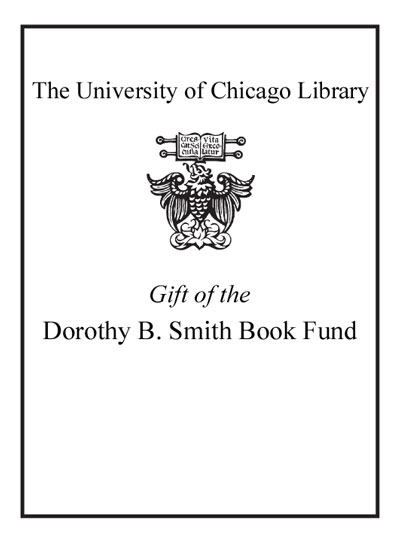Review by Choice Review
Hagen (Univ. of California, Davis) presents a persuasive microhistory of life in Stavenow, a Prussian lordship northwest of Berlin, describing both the aristocratic Junker landowners, particularly the Kleist family (1717-1803), and ordinary German farmers (Hagen refuses to label them serfs or peasants). We are treated to an exhaustive examination of the Junker lifestyle, officials, hereditary tenants, hired labor, and villagers, as well as a close look at daily life, marriage, family, and material possessions. All of this is based on a meticulous, if at times overwhelming, examination of manorial records, court transcripts, contracts, and household inventories. Limited space prevents a detailed summary of Hagen's important findings, but he challenges the traditional picture of Prussian absolutist society where tyrannical Junkers dominated a servile, deference-bound peasantry, thus setting Germany on its Sonderweg, or "separate path," toward Nazism. While Hagen is not blind to the faults of either the Junkers or the Prussian state, he contends that Junker authority was limited by peasant protest and constructive state actions. Peasant material conditions were comparable or better than elsewhere, while cool-headed Junkers abandoned paternalistic lordship to pursue profits through early capitalist commercialized agriculture. This first intensive study of Prussian landowning is pathbreaking in scope. ^BSumming Up: Essential. All levels and collections. D. C. Baxter Ohio University
Copyright American Library Association, used with permission.
Review by Choice Review

